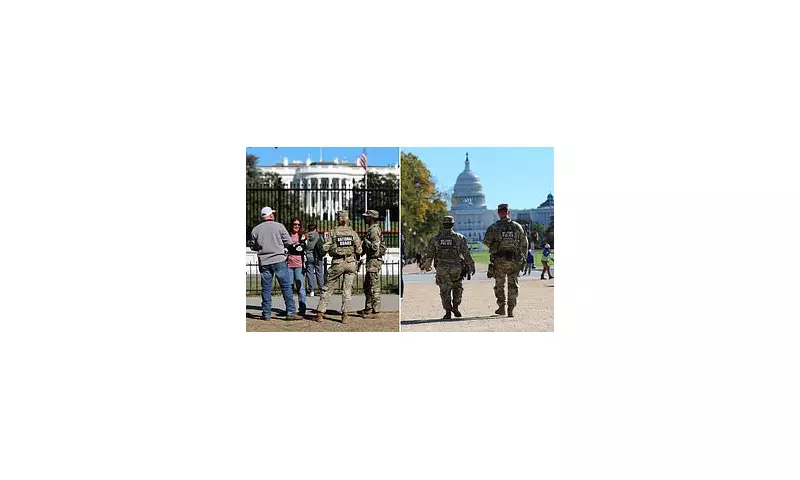
In a stunning revelation that sheds new light on the January 6th Capitol crisis, the former commanding general of the Washington DC National Guard has broken his silence with explosive claims about the Trump administration's handling of the emergency.
The Man in Charge Speaks Out
Major General William J. Walker, who served as the commanding general during the fateful events, has provided startling testimony about the delayed military response that many believe exacerbated the chaos at the Capitol. His account paints a picture of political hesitation and bureaucratic paralysis at the highest levels of government.
Critical Hours of Delay
The most damning revelation concerns the three-hour and nineteen-minute delay in approving National Guard deployment despite urgent requests from Capitol Police and DC officials. During this critical window, the situation at the Capitol deteriorated dramatically, with rioters breaching security perimeters and invading the building itself.
"We were ready, we were prepared, but our hands were tied," General Walker stated in his testimony. The delay has become a central point of investigation for congressional committees examining the security failures of that day.
Chain of Command Controversy
The testimony reveals unusual procedural changes that required Pentagon approval for National Guard deployment in the District of Columbia - a departure from standard protocol that effectively removed rapid response capabilities from local commanders.
- Unprecedented requirement for Secretary of Army approval
- Multiple layers of bureaucracy slowing emergency response
- Confusion about authority and responsibility chains
- Political considerations allegedly influencing military decisions
Political Fallout and Investigations
The revelations have sparked renewed scrutiny of the Trump administration's actions during the Capitol crisis. Congressional investigators are examining whether the delayed response was due to legitimate security concerns or political calculations.
"This testimony changes everything we thought we knew about that day," said one congressional aide familiar with the investigation. "The systematic breakdown in emergency response protocols raises serious questions about accountability at the highest levels."
National Security Implications
Security experts warn that the identified failures in command structure and emergency response could have far-reaching implications for future national security planning. The events of January 6th have prompted a comprehensive review of military and law enforcement coordination in the nation's capital.
As investigations continue and more testimony emerges, the full story of what happened behind the scenes during one of America's most significant security failures continues to unfold, revealing a complex web of political, military, and bureaucratic challenges that left the Capitol vulnerable.





